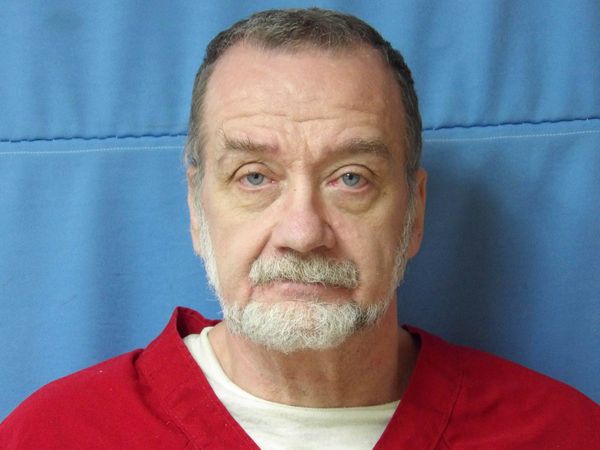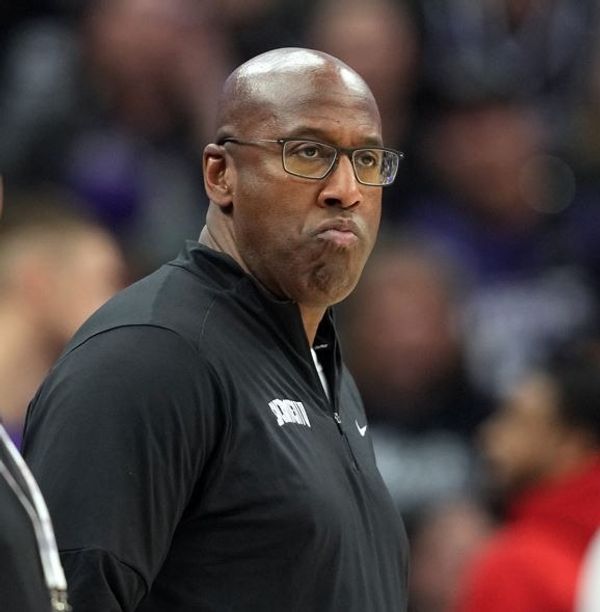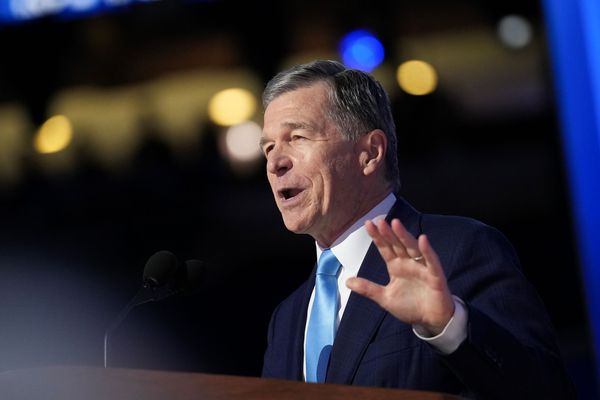WASHINGTON _ During his first visit to South Carolina last month as an official Democratic candidate for president, U.S. Sen. Cory Booker didn't spend all his time in the cities with the largest media markets.
He didn't make public appearances with South Carolina's best-connected Democratic "gatekeepers" _ Columbia Mayor Steve Benjamin or former Democratic National Committee Chairman Don Fowler _ who are often called upon to introduce candidates to voters in the "First in the South" 2020 primary state.
Instead, the New Jersey lawmaker held forums at rural high schools and colleges, tailoring a national policy platform to people in the room who were worried about access to hospitals, clean drinking water and reliable broadband internet.
To longtime South Carolina Democratic operatives, these strategy looked familiar: They are part of a template that U.S. House Majority Whip Jim Clyburn, the state's most well-known Democrat and party kingmaker, has used successfully for decades _ from his days as a civil rights organizer to his years running a state government agency and ever since his election to Congress in 1992.
That Booker is using this template is no coincidence. His South Carolina state director and senior political adviser are Christale Spain and Clay Middleton, both former Clyburn staffers who are making a deliberate effort to apply Clyburn's best practices to Booker's South Carolina campaign.
"(Spain and Middleton) are pretty indoctrinated in terms of understanding what are priorities for Clyburn, so it would not surprise me if the campaign is geared towards those priorities," said Jaime Harrison, a Clyburn protege and former S.C. Democratic Party chairman now mulling a 2020 challenge to South Carolina's senior U.S. senator, Republican Lindsey Graham.
Middleton, who was South Carolina state director for Hillary Clinton in 2016 and political director for President Barack Obama in 2008, confirmed as much.
"The way I campaign is no secret. I have gotten my political education from a lot of people, and one of those people is Jim Clyburn," Middleton told McClatchy.
There is no official "Clyburn model," but state Democrats familiar with the 78-year-old African-American lawmaker describe his approach as community-focused.
They say that anyone attempting to emulate Clyburn would do well to go to rural areas, which make up much of Clyburn's district. Candidates should talk to people in their own backyards rather than force people to travel long distances to attend rallies.
"You go where the voters are," Middleton said. "It's no secret that Charleston and Greenville and Columbia are the hubs for media markets and you can just reach more people. But it's another thing to go outside those areas, where voters can get an opportunity for the candidate to be theirs. That means something and people don't forget that."
Observers of Clyburn's strategy also say candidates should talk about poverty, ideally pitching his "10-20-30" plan to direct 10 percent of certain federal funding to counties where 20 percent of the population has lived under the poverty line for 30 years or more. Incidentally, Booker is the lead Senate sponsor of Clyburn's 10-20-30 legislation.
In a recent interview with McClatchy, Clyburn attributed his success in South Carolina to having spent time "studying" the state's cultural, political and socioeconomic landscape.
"Politicians make a big mistake when they try to get people to understand them," he added. "If they spend more time trying to understand the people they want to represent ... they'll be much better off."
Middleton said Booker won't "talk about an issue at the national level" without applying it to the people on the ground.
Still, Booker is not relegating his entire campaign to only small-scale events in remote parts of South Carolina.
Though he was at a church in a rural area of Simpsonville on Friday, on Saturday he'll participate at a town hall in Charleston. Then, he'll appear at the Dorchester County Democratic Party oyster roast, a major function.
He is not the only Democratic presidential candidate to hold listening sessions on local issues instead of delivering stump speeches.
U.S. Sen. Kamala Harris, D-Calif., widely seen as Booker's rival in South Carolina as the only other black candidate currently in the field, has aggressively courted state grassroots organizations and publicly weighed in on major issues up for debate at the State House, from gun laws to education reform.
Booker is not even the only candidate to talk about Clyburn's 10-20-30 poverty plan: During a recent CNN town hall, U.S. Sen. Bernie Sanders, I-Vt., brought up Clyburn's proposal as something he'd promote as president.
But Booker is aiming to present himself as the candidate who is inherently most like Clyburn. He has pitched himself as someone who, as the former mayor of Newark, N.J., also represented a mostly minority, largely poor community struggling for access to basic services and to be heard by elected officials.
The Clyburn model is about "focusing on personal relationships (and) spending time early building a network that can spread the gospel later down the road for you," said Booker's deputy national communications director, Michael Tyler. "This also happens to be true to who Cory Booker is and how he has campaigned throughout his career. You look at Newark, when he was running for mayor. He did that block by block."
There are obvious advantages to campaigning like Clyburn, who must be doing something right: Though his easy re-elections every two years are due in large part to his gerrymandered district, the No. 3 Democrat in the U.S. House enjoys celebrity status in Democratic circles throughout a deeply conservative state.
There are also advantages to doing things the Clyburn way. While Clyburn isn't going to make an endorsement in the South Carolina Democratic primary, he has hinted he might say who he is voting for in the immediate lead-up to the Feb. 29, 2020, election.
Booker's supporters say they are aware of a scenario in which Clyburn could start to talk about having a wife and three daughters. That was Clyburn's refrain in 2016, in the days before endorsing Clinton over Sanders in the state's primary. In 2020, a similar caveat could signal his inclination to support someone like Harris.
It could send a powerful message for Booker to travel around the state talking to voters about issues Clyburn cares about, in places Clyburn cares about.
"Cory Booker understands the significance of not having Jim Clyburn on your side in an endorsement, said Antjuan Seawright, a South Carolina political operative who has done campaign work with Clyburn. "Cory Booker understands the importance of Jim Clyburn's political net worth."







